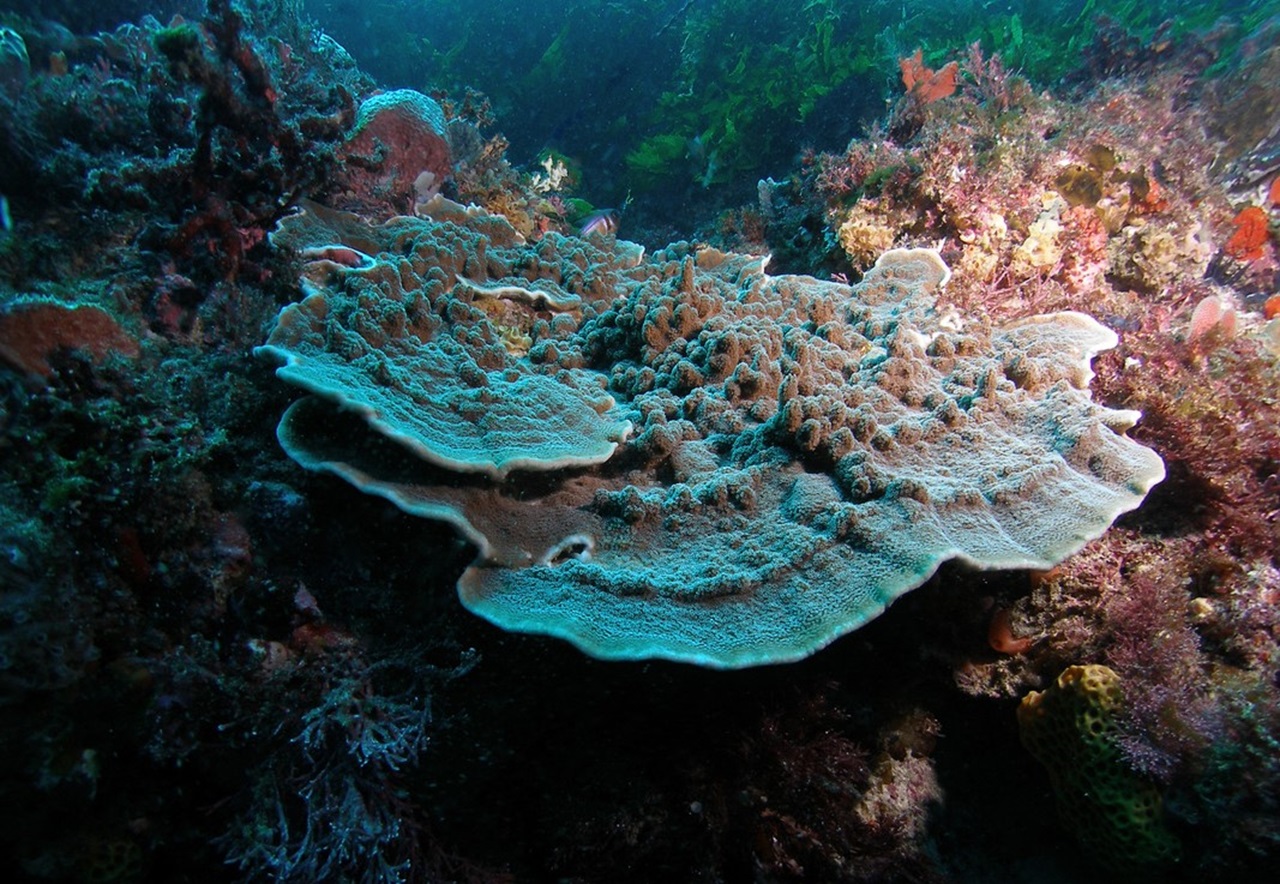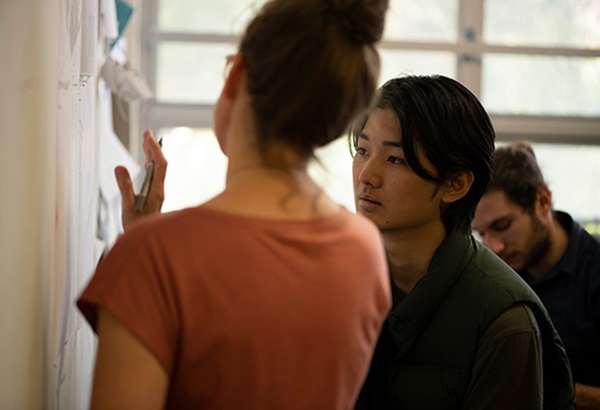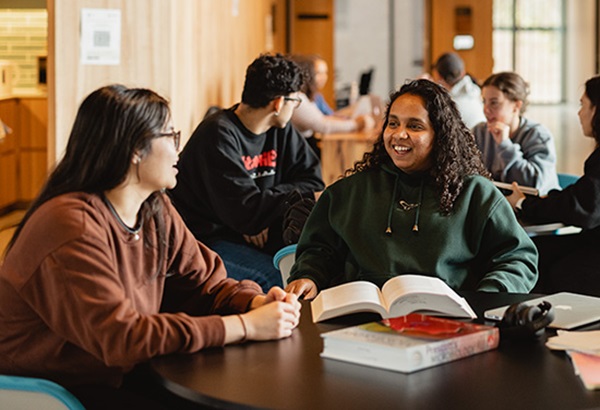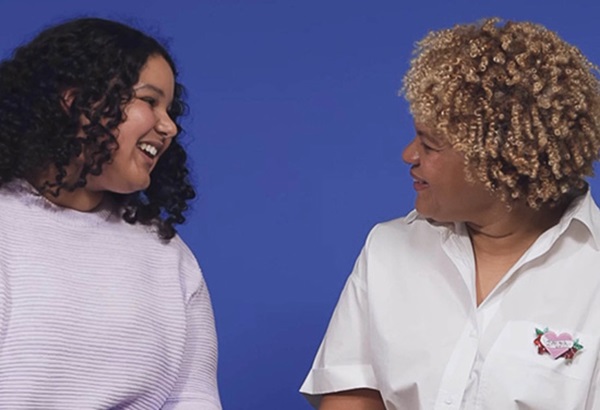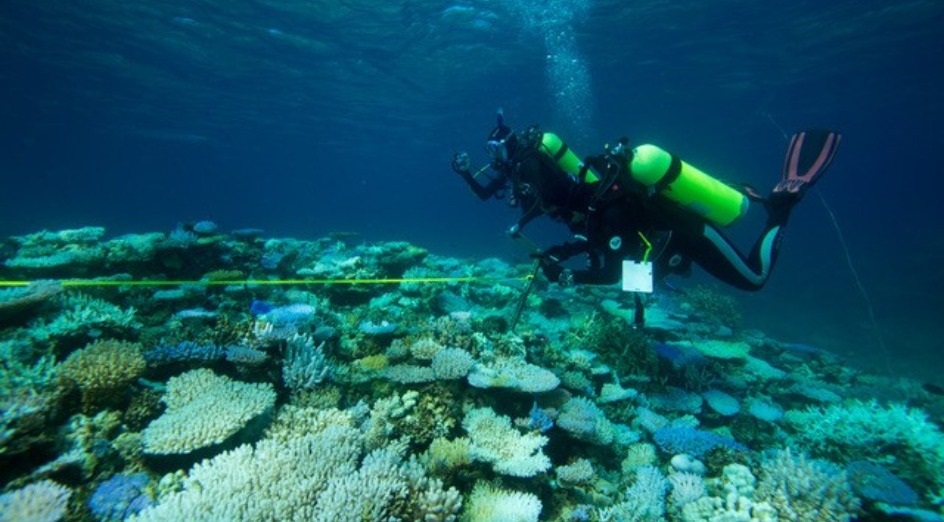
Molly Moustaka is a UWA PhD candidate and research scientist in the Department of Biodiversity, Conservation and Attractions’ Marine Science Program. Here, she shares her advice and explains what a typical day looks like in the field.
I grew up next to the ocean in Geraldton, Western Australia and spent much of my childhood surfing, fishing and snorkeling the beaches near my house. At 15, I went scuba diving for the first time at the Rowley Shoals and from then I was hooked.
I chose to study at UWA as it was the most prestigious and competitive option for studying undergraduate Marine Science in WA. I also felt the WA coastline was overlooked to an extent when compared to the Great Barrier Reef – we have some incredible marine life in our own backyard.
After completing my undergraduate degree, I worked in marine tourism in the Kimberley and on the Great Barrier Reef before returning to UWA to complete my BSc Honours project in collaboration with the Department of Parks and Wildlife (now Department of Biodiversity, Conservation and Attractions [DBCA]).
“The diversity of life in Australia’s oceans is astounding...Developing best practices for marine protected areas and sustainable fishing, and educating the public about these topics, is the best chance we have to preserve these amazing marine ecosystems for future generations.”
Molly Moustaka
I then went on to work as a technical officer and then a research assistant at UWA in the Marine Ecology Group, while still volunteering with DBCA and the Australian Institute of Marine Science. After that, I landed a job as a research scientist in the Marine Science Program at the DBCA, where I have worked for the past three years.
I was responsible for running the monitoring program for the Dampier Archipelago until August 2020, when I transitioned to a part-time role while I work on my PhD. Completing a PhD was the next natural step in my career progression. An opportunity came up for me to work on another project studying juvenile fish in the Dampier Archipelago with an amazing supervisory team and I jumped on it.
The diversity of life in Australia’s oceans is astounding and my work focuses on preserving what we can for future generations. Developing best practices for marine protected areas and sustainable fishing, and educating the public about these topics, is the best chance we have to preserve these amazing marine ecosystems for future generations.
Marine science is a dynamic field, with concepts being constantly challenged and new techniques being developed. I am constantly learning from both my team and the broader scientific community. In the future, I hope to work with different organisations internationally to broaden my perspective and continue to learn.
A day in the life
My days vary a lot, depending on which stage I am at within a project. In the field, we generally wake up early, check the weather over a coffee and then get out on the water for 8-10 hours of diving work. This might be conducting surveys of fish, coral, seagrass etc., deploying and retrieving instruments, or collecting specimens – it varies from trip to trip. Then it is back to our accommodation for data entry before we collapse into bed and do it again the next day.
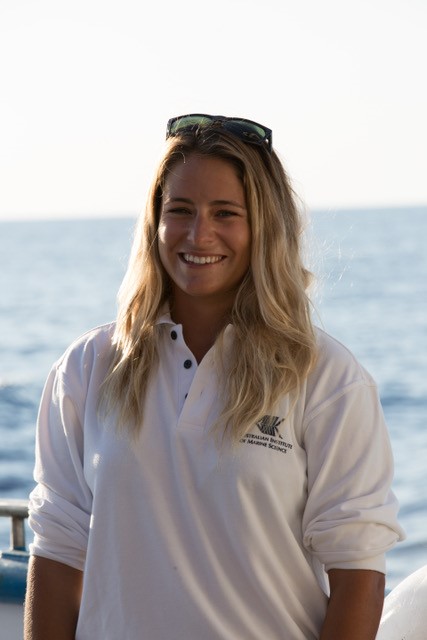
Back at the office, my days might be spent in the lab processing samples or analysing videos or imagery. Many days are spent writing code to clean, analyse and present data. And then, of course, comes the process of writing it all up into a report or a journal article.
Molly’s advice for students interested in marine biology
1. Get to know people working in the field already and ask them what skills they feel are most valuable.
2. Take any opportunity to volunteer or collaborate with other labs and organisations. The technical skills you develop and connections you make will prove invaluable in the future.
3. Learn to communicate your work, both written and orally, in a way that gets people interested and makes them care.
Keen to pursue a career in marine biology? Check out our Marine Biology major, Marine Science double major, Marine and Coastal Processes major, or our combined bachelor’s and master’s degree in Marine Science.

